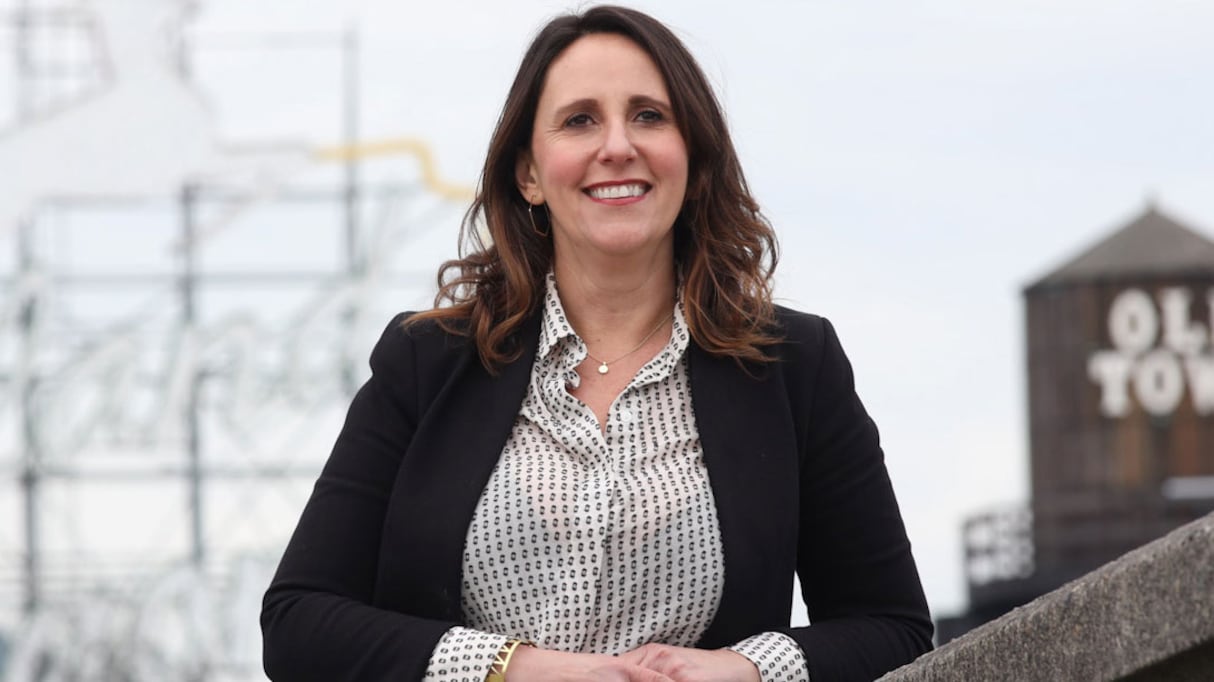Tera Hurst, executive director of the environmental group Renew Oregon, is one of 18 candidates vying to succeed late City Commissioner Nick Fish in the May 19 primary.
On April 3, Hurst sent out a blast email with an unusual proposal. "Make a $50 contribution to Tera Hurst," the email said. "Your $50 PDX contribution goes to local nonprofits. Your contribution will grow five times with open and accountable matching funds."
Hurst and seven other candidates seeking Fish's seat have qualified for public matching funds under the city's new Open and Accountable Elections program. That program matches campaign contributions up to $50 by as much as to 6 to 1.
One of Hurst's rivals for the seat, tenant organizer Margot Black, says she dropped a similar idea after guidance from the secretary of state's Elections Division.
Dan Meek, an elections law specialist, notes that city code appears to prohibit what Hurst proposed. The code says "contributions to civic and nonprofit organizations from a participating candidate's publicly funded account are permitted only if the payment is for the purpose of attending a specific campaign event open to the public." City Commissioner Amanda Fritz, who championed public financing, now says Meek is right: The city's initial approval of Hurst's proposal was an error.
Hurst's proposal struck Meek and others as problematic for other reasons, as well.
Jack Bogdanski, who teaches taxation at Lewis & Clark Law School and wrote about the city's troubled attempt to institute publicly financed campaigns years ago, questions whether the "contribution" Hurst is seeking is legitimate.
"Is the person contributing to your campaign if the candidate agrees to give the money away? No. That seems clear," Bogdanski says. "That's not a contribution to your campaign. That's a problem."
When contacted by WW, Hurst shared an email showing her campaign had been in touch with the Oregon Elections Division, as well, and believed she'd gotten a green light.
But when WW checked with the Elections Division, a top official said Hurst's pitch appeared to violate elections law prohibiting candidates from offering something of value to influence a voter's actions.
Michelle Teed, deputy elections director, says when Hurst fully explained her plan to the state, it "changed our response and suggests that the arrangement might constitute undue influence."
Hurst is now scrapping the fundraising request.
"Because they are saying a gray area, we are just going to take it down," Hurst says. "It's not worth it to me to go down that road."
As Hurst was scrapping her fundraising pitch, Commissioner Chloe Eudaly put up a very similar one on her campaign's Facebook page.

In a statement, Eudaly said she put the fundraising pitch together after consulting with the OAE office and had not yet been given any different guidance.
"Our campaign has acted and continues to act on the advice of the Director of the Open and Accountable Elections program," Eudaly said. "We are proud to help support Portland's civic organizations through this crisis."

